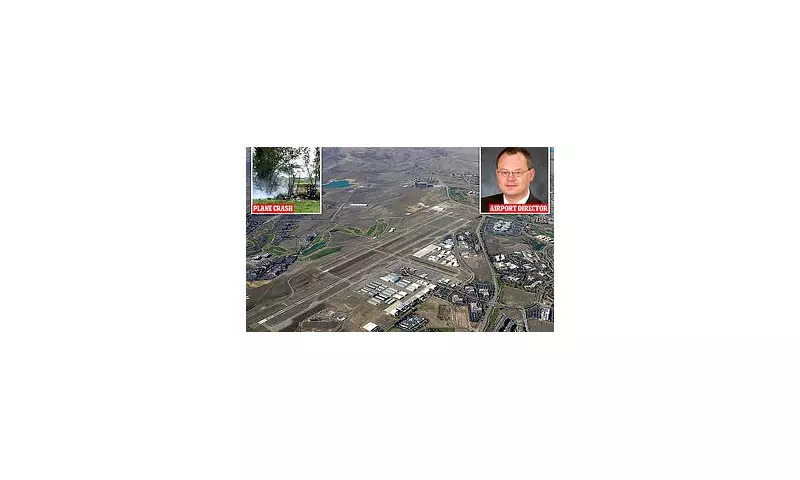
Nestled against the stunning backdrop of the Rocky Mountains, an aviation crisis is unfolding that has safety experts sounding the alarm. Rocky Mountain Metro Airport (RMMA), located just outside Denver, Colorado, has been identified as one of America's most perilous aviation facilities, with a disturbing pattern of safety incidents that threatens both air and ground safety.
A Pattern of Peril in the Rockies
Recent data analysis reveals an alarming frequency of close calls and safety violations at this regional airport. From near-collisions on runways to aircraft straying into restricted airspace, the incidents paint a picture of an facility operating at the edge of safety margins. Local residents have reported witnessing multiple hair-raising incidents that have left them concerned for their safety.
The Training Ground Dilemma
At the heart of the problem lies RMMA's dual role as both a general aviation hub and a major flight training center. The airport hosts numerous flight schools that cater to aspiring pilots, creating a volatile mix of inexperienced trainees sharing airspace with commercial operators and private aircraft. This convergence of skill levels in challenging mountainous terrain has proven to be a recipe for disaster.
Critical Incidents That Raised Red Flags
- Multiple near-miss events involving training aircraft and commercial flights
- Several instances of pilots landing on wrong runways or taxiways
- Unauthorized entries into controlled airspace surrounding Denver International
- Ground incidents involving aircraft veering off runways
Aviation Experts Voice Concerns
Seasoned pilots and aviation safety specialists have expressed grave concerns about the situation. "The combination of high traffic volume, varying pilot experience levels, and challenging weather conditions creates a perfect storm for accidents," noted one veteran pilot with knowledge of the airport's operations. "We've been fortunate so far, but luck isn't a sustainable safety strategy."
Regulatory Response and Community Action
The Federal Aviation Administration (FAA) has initiated increased oversight of RMMA's operations, while local community groups are demanding immediate safety improvements. Airport authorities maintain they're implementing enhanced safety protocols, but critics argue more substantial changes are needed to address the root causes of the safety issues.
As the debate continues, one thing remains clear: until comprehensive safety reforms are implemented, the clouds of concern will continue to hang over this picturesque but problematic aviation facility.





